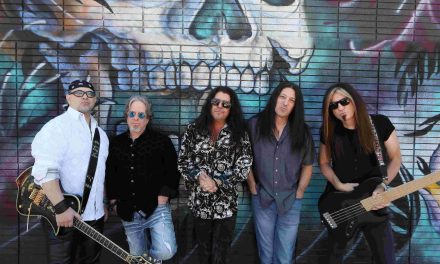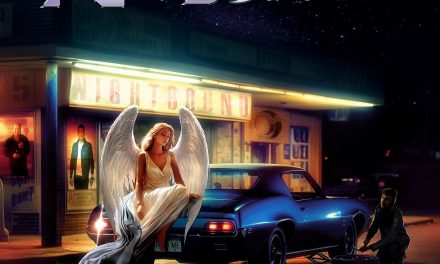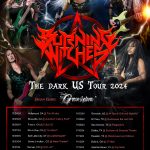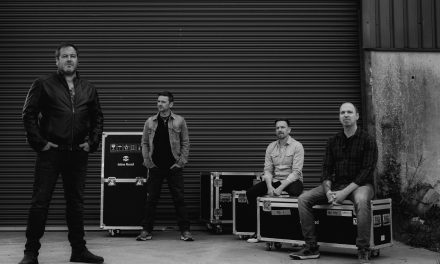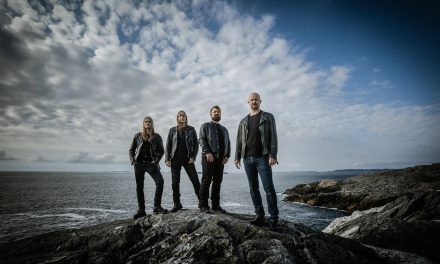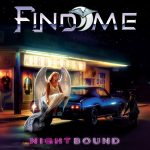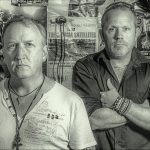
The Desert Daze Interviews: Jarvis Cocker
 The Desert Daze Interviews: Jarvis Cocker
The Desert Daze Interviews: Jarvis Cocker
On stage, Jarvis Cocker pounded his pointed shoes into the center of our attentions. In conversation with his crowd, Jarvis asked us to think of human politics, inequalities, and our general existence.
Off stage, Jarvis Cocker strutted away from casual congratulations and to the warm glow of a lit cigarette. The flame and I kept him company as we walked towards the light of his assigned trailer. The growing orange glow illuminated the brilliance of his essence.
Behind stage, Jarvis describes himself as “taciturn.” Behind his glasses, Jarvis is a nebula of understanding. We investigated and inspected the purposes and consequences of artistry, performance, and music festivals.
“The more precise something is the better. Because when people hear a precise detail that must have come from a personal experience they then connect to that and realize it’s a real thing that happened to you…That’s what art is about….It’s about taking what goes on in your head…and describing it in such a way that someone else, for a moment, can see it through your eyes.”
Art beckons understanding. It demands empathy. Songs slip you into the moment that inspired the piece. There is an emotional connection inherent to the consumption of anything. When you hear a song you feel a song. You understand your artist. Interestingly, this sort of communicative potential is the foundation for festivals.
 Art’s goal is to communicate. Musical Festivals, like Desert Daze, are all about the amplification of this fact. Loud amps pump pounding sounds into individuals crammed into a collective. Proximity to the performer promise intimate connection to the artist. Swarms of warm bodies promise connection with each other. Festivals are all about the community they consequentially erect. Festivals deliver these goals in binge amounts.
Art’s goal is to communicate. Musical Festivals, like Desert Daze, are all about the amplification of this fact. Loud amps pump pounding sounds into individuals crammed into a collective. Proximity to the performer promise intimate connection to the artist. Swarms of warm bodies promise connection with each other. Festivals are all about the community they consequentially erect. Festivals deliver these goals in binge amounts.
Lots of artists. Lots of loudness. Lots of common people with common interests. If you are going to see Jarvis Cocker, then you will meet others who enjoy him too. Maybe they will like his intellectual lyricism or his fronting of the group Pulp. Meeting likeminded people becomes part of the ritual. Homogeneity means home.
The curated culture allows for the safe debauchery inherent to collectivity and community. At festivals one can overindulge in the interaction usually absent from daily life. “Sometimes you can’t even hear the music at a festival…Really what a festival is about is creating the atmosphere” said Cocker recalling his historic Glastonbury 1995 performance with Pulp. The atmosphere for connection is a space where mutual interests bring similar synapses into firing distance of one another. “It’s [festivals] a chance for people to gather together and have their own kind of kingdom.” A working community created in three days. A community based on comradery, harmony, and whatever substances are necessary to support these motives.
Cocker mentions further that people live “according to their own rules for this weekend. And this can kind of give you an idea of a different way of organizing society.” It is this idea of the collective commune that encourages nostalgia. We think 60s. We think Woodstock. We think music festivals. We think freedom.
(Interview and Photo by Chris Vinan)
Desert Daze on Facebook

